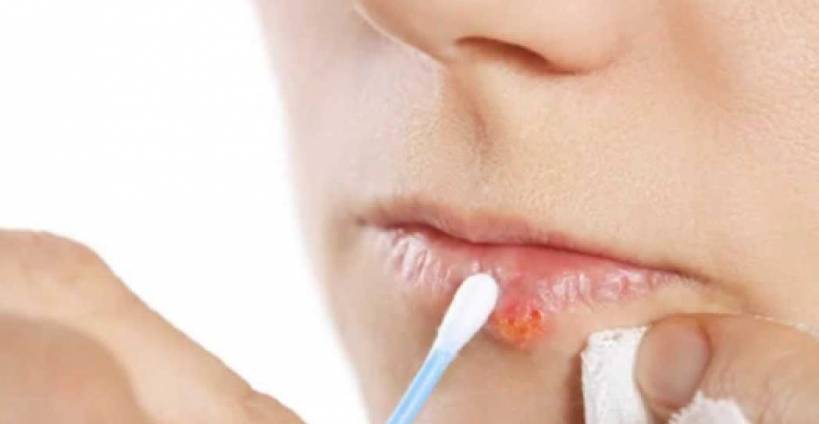Have you often wondered what causes sores on the face? Do you currently have a breakout of sores and can’t figure out where they came from? Sores can be painful and embarrassing, and even difficult to get rid of, but where do they come from to begin with
For the most part, sores on the face are not serious and can be treated and cleared up with few problems. However, they can also be an indication of something more serious and in these instances need to be reported to your physician immediately.
Sometimes, sores on the face are due to the herpes simplex virus. When it comes to this virus, this condition lies dormant and you might not know that you have it until your face breaks out. The Simplex Type 1 and the Simplex Type 2 are the two varieties of the virus that can cause the sores to break out. These should not be confused with the herpes virus that is also considered to be a sexually transmitted disease.
Stress is one trigger that can cause the sores to breakout. Sometimes, mental and emotional stress can cause physical manifestations, such as cold sores. This can particularly true during stressful situations, such as just before giving a big speech, the night before a wedding, or the night before a big job interview. If you are prone to cold sore outbreaks during these times then you might want to talk to your doctor about getting medication beforehand, especially if it’s a big event such as your wedding.
A low immune system can also cause cold sores to break out. Some people might find that they are more prone to sores on the face when they are also suffering from a cold, flu, or other ailment. Keeping your body healthy and getting the right amount of nutrients and vitamins is one way of protecting yourself from these breakouts.
Cold sores are usually pretty easy to spot. They typically start out as small bumps that might be itchy and gradually turned into fluid filled blisters that later crust over and disappear. They might resemble pimples at first, but generally form around your mouth and nose.
If the sore is larger and appears to be under the skin, then it could be a cyst and you might need to visit your dermatologist. Cysts can take a long time to go away on their own and can also cause scarring, especially if you pick at them. Cysts can be itchy and painful and when you touch them, they might feel as though they are filled with fluid even though they won’t have a “head” like a pimple. Over the counter acne products typically do not work at treating cysts.
Pimples and acne outbreaks can also get infected and appear to look like sores, too. It’s important not to pick at pimples and to keep your face clean if you have an outbreak. It’s not very common for a pimple to become infected, but it can happen. If you’ve had a pimple for awhile and it actually appears to be getting redder and larger instead of healing then it might be a sign of infection.
Sometimes, sores can be an indication of a more serious condition. Sometimes, ulcers or weeping sores on your face can be a symptom of serious diseases such as Lyme Disease, AIDS, and diabetes. Less serious, but still painful, conditions that can also appear as sores are shingles, chickenpox, and ringworm. For that reason, it is important to visit a physician to ensure that you are being properly treated.




